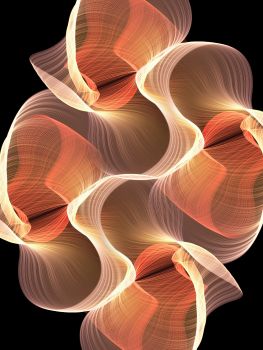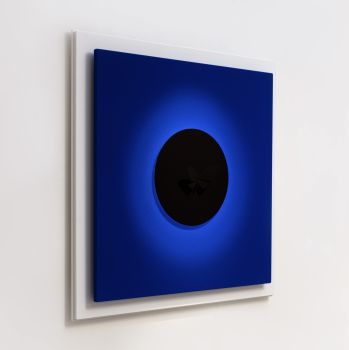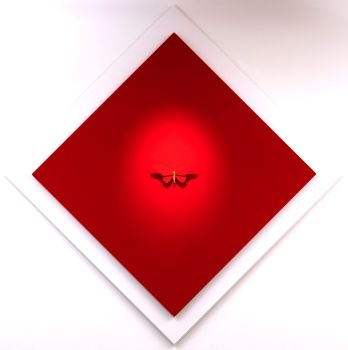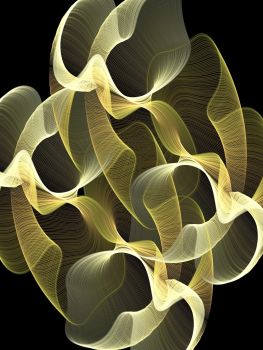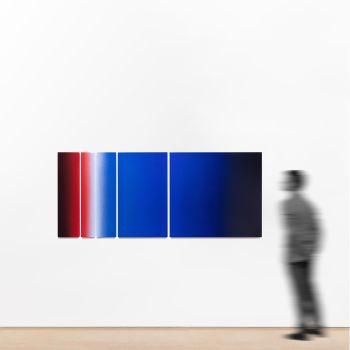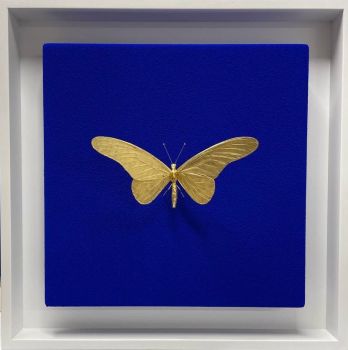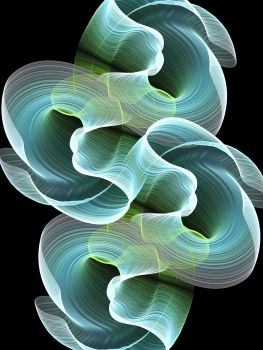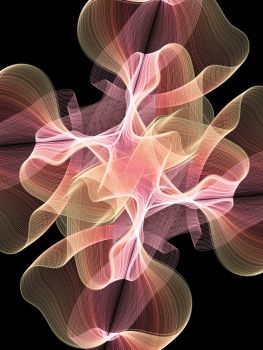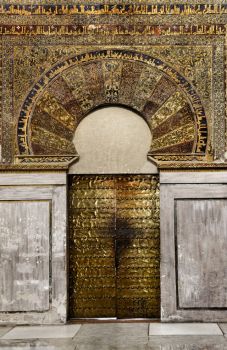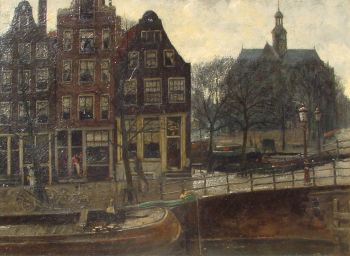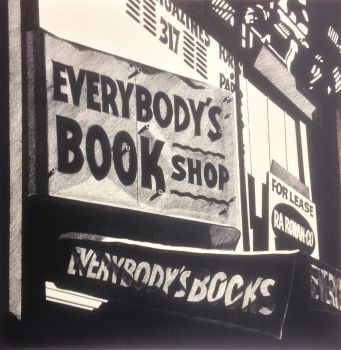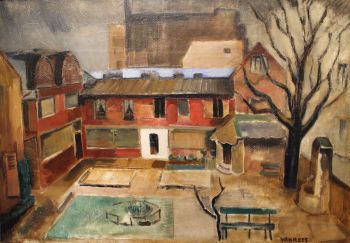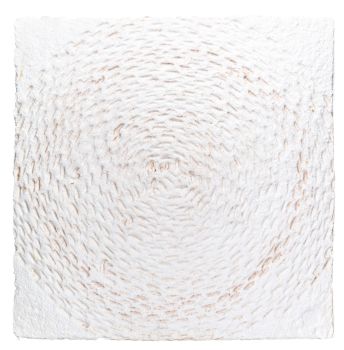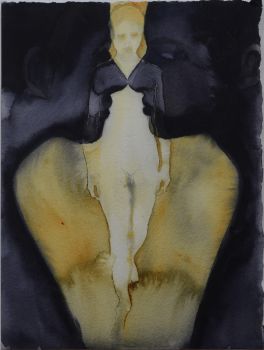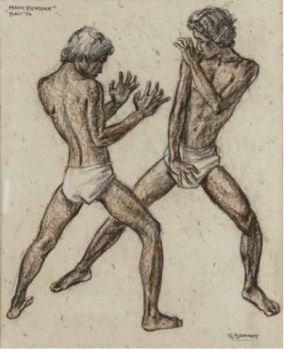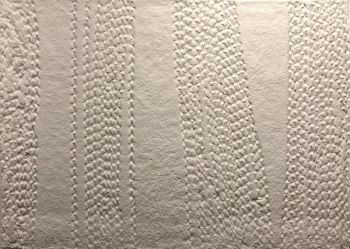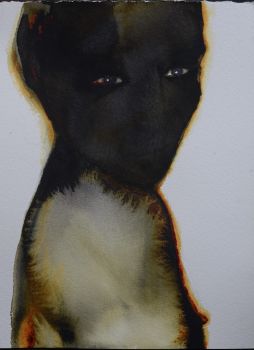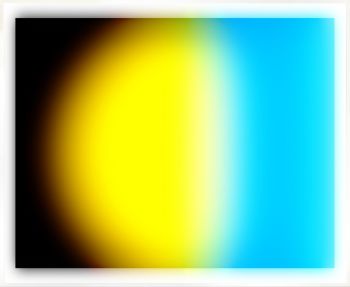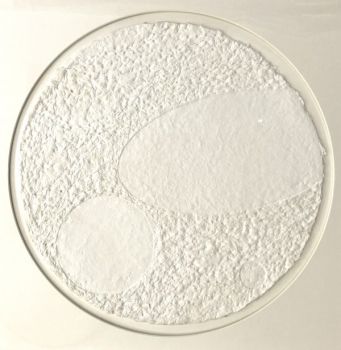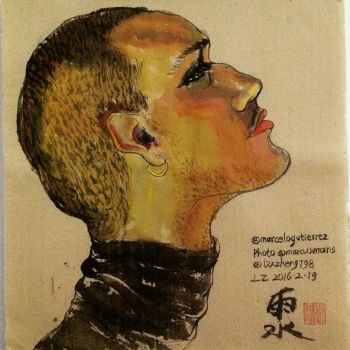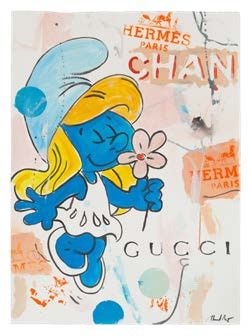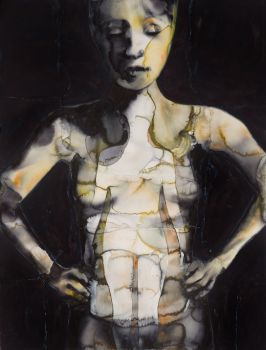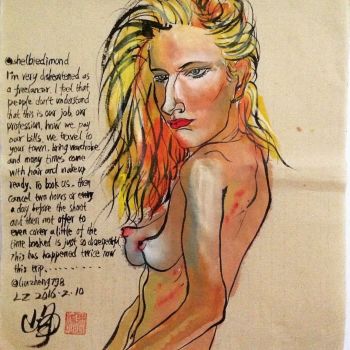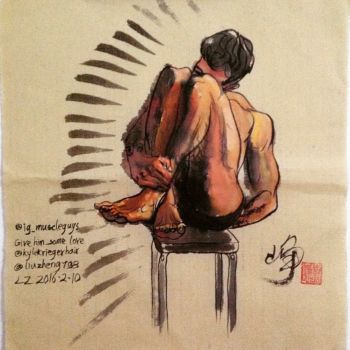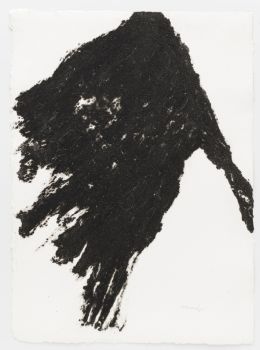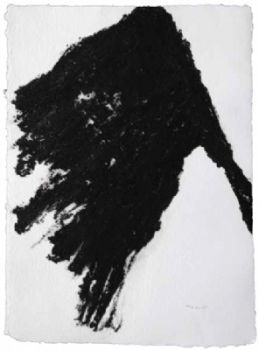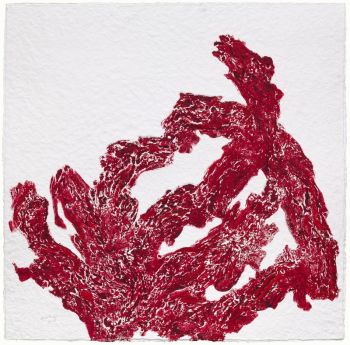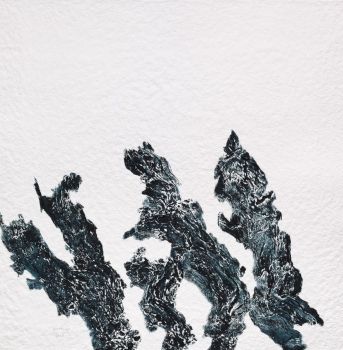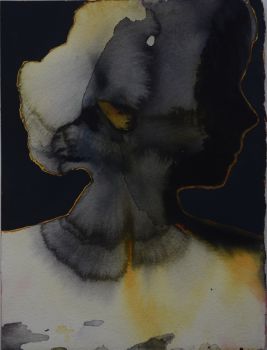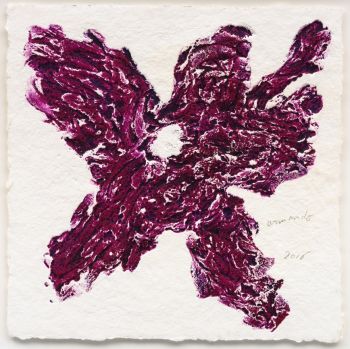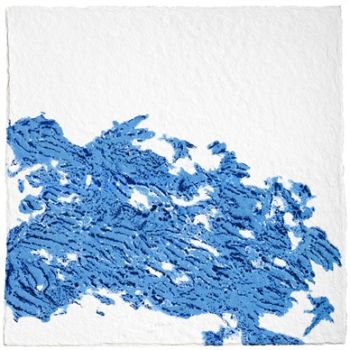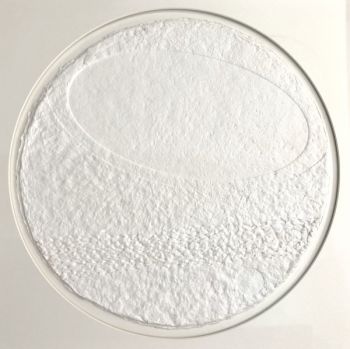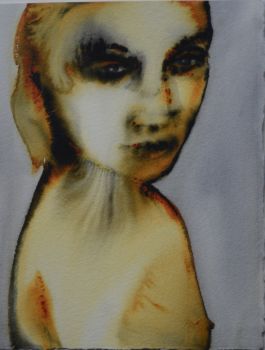"Dioscorides was held in great esteem by all the physicians and scholars in the Islamic period" 1550
Pedanius Dioscorides
PaperHandmade paperLeather
Currently unavailable via Gallerease
- About the artworkDIOSCORIDES, Pedanius.
De medica materia libri sex, Ioanne Ruellio Suessionensi interprete.
Venice, Domenico Giglio, 1550.
16mo. Contemporary limp sheepskin parchment.
First Venice edition of a medical work by the Greek physician and pharmacologist Pedanius Dioscorides (c. 40-90), translated by the French physician Jean Ruel. His De materia medica, an encyclopedic work on herbal medicine, was his fundamental work, and can be seen as the precursor of the many later pharmacopoeias. As a Greek in the service of the Roman Empire, he assembled all that was then known concerning the medicinal uses of plants, animals and minerals, adding information from his own experience accompanying the Roman army to Spain, the Middle East, North Africa and elsewhere, where he came to know many Persian, Indian and other exotic medicines.
With the bookplate of Kenneth K. Mackenzie (dated october 1934) on verso side of last blank page and a library stamp on pastedown. First and last few leaves with marginal waterstain, minor browning and some occasional spots. Binding slightly damaged on spine, but overall a very good copy.
Durling 1154; USTC 827015; not in Adams; cf. Garrison, p. 109. - About the artistPedanius Dioscorides (Πεδάνιος Διοσκουρίδης) was an ancient Greek physician, pharmacologist, and botanist who was famous for writing his five volume work De Materia Medica. In the 2nd century BCE, Dioscorides noted, "Lead makes the mind give way."
Dioscorides' magnum opus De Materia Medica had a tremendous impact on toxicology. He identified the pharmacological properties, remedial effects, and structural makeup (as best he could) of over one hundred plants previously unknown to Roman and Greek physicians. He also discussed over 500 known plants that were most likely discovered during Alexander the Great's military conquests.
Up until the 17th century, Dioscorides was the ultimate source on remedial herbs and plant pharmacology. A translated version was reprinted in 1933 and is still a valuable source of information on different naturally occurring remedies.
Dioscorides was an ancient Greek physician, pharmacologist and botanist who practiced in Rome at the times of Nero. He had the opportunity to travel extensively, seeking medicinal substances from all over the Roman and Greek world.
He gained fame for writing his five-volume work De Materia Medicina. The book, in addition to becoming one of the most influential works on herbal use in history, became a precursor to all modern pharmacopoeias. In it, Dioscorides catalogs the different herbs and techniques used by the Greeks, Romans, and other cultures he studied. The book remained the cardinal source for information on herbal medicine until 1600.
Artwork details
Category
Subject
Material & Technique
Related artworks
Antonie Derkinderen
Memory book Exhibition of Dutch Painting1892
Price on requestKunsthandel Pygmalion
Engelbert Kaempfer
ENGELBERT KAEMPFER BOOK1651 - 1716
Price on requestZebregs & Röell - Fine Art - Antiques
Tilmanus Nicolaus Maastricht
Missale Romanum with Dutch silver mounts1788 - 1792
Price on requestJacob J. Roosjen SRI
Engelbert Kaempfer
ENGELBERT KAEMPFER BOOK1651 - 1716
Price on requestZebregs & Röell - Fine Art - Antiques
Tilmanus Nicolaus Maastricht
Missale Romanum with Dutch silver mounts1788 - 1792
Price on requestJacob J. Roosjen SRI
Antonie Derkinderen
Memory book Exhibition of Dutch Painting1892
Price on requestKunsthandel Pygmalion
Yoko Ono
YOKO ONO: "ARISING" SIGNED BOOK PLUS SMALL ARTWORK 2010 - 2014
Price on requestGallerease Selected
LAWRENCE WEINER
"SKIMMING THE WATER [MENAGE A QUATRE]" Signed book plus small artwork2010 - 2014
Price on requestGallerease Selected
1 - 4 / 22Otto van Rees
Het atelier van de kunstenaar in Parijs (1918)1918
Price on requestKunsthandel Pygmalion
1 - 4 / 24- 1 - 4 / 24

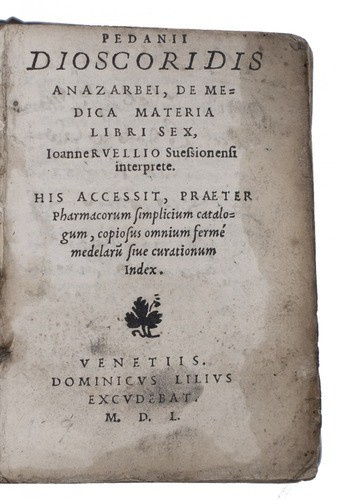





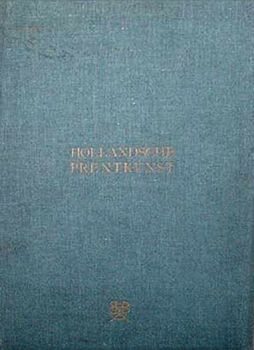
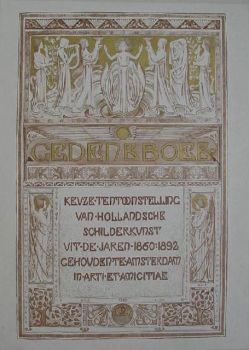
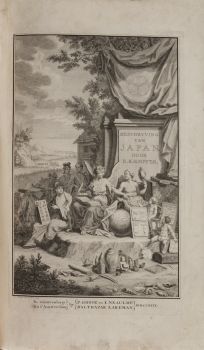
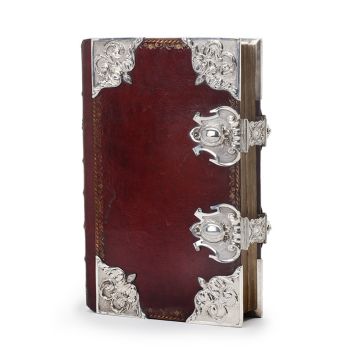
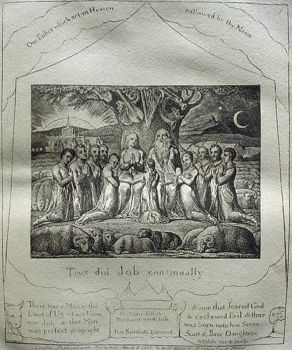
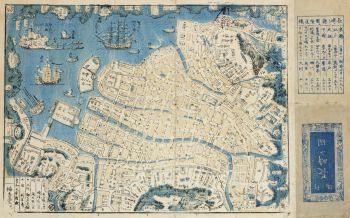

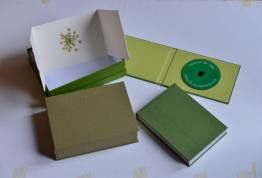

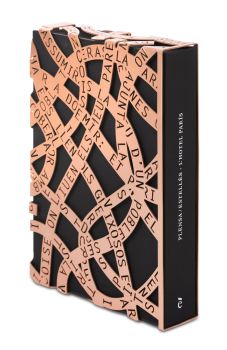
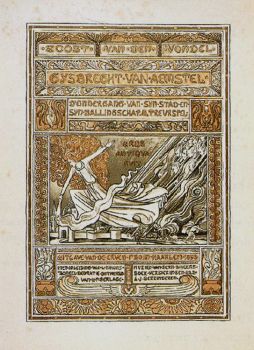
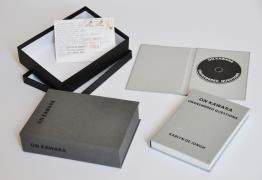

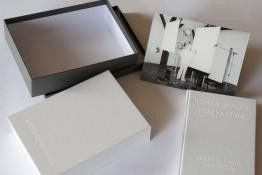
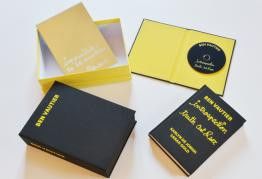

!["SKIMMING THE WATER [MENAGE A QUATRE]" Signed book plus small artwork by LAWRENCE WEINER](https://media-2.gallerease.com/images/442bfd5f-fc31-4e18-a2fa-ee0c08eade64/350x350/skimming-the-water-menage-a-quatre-signed-book-plus-small-artwork.jpg)
